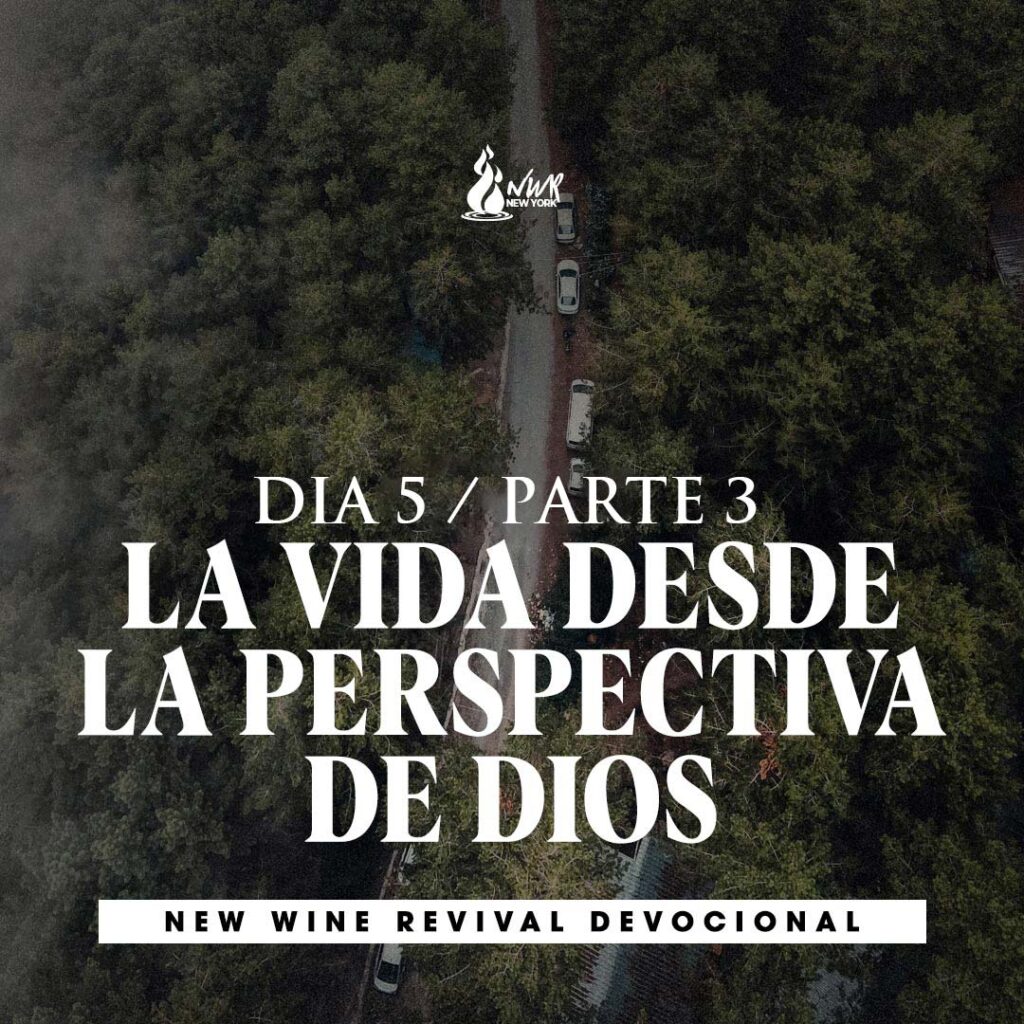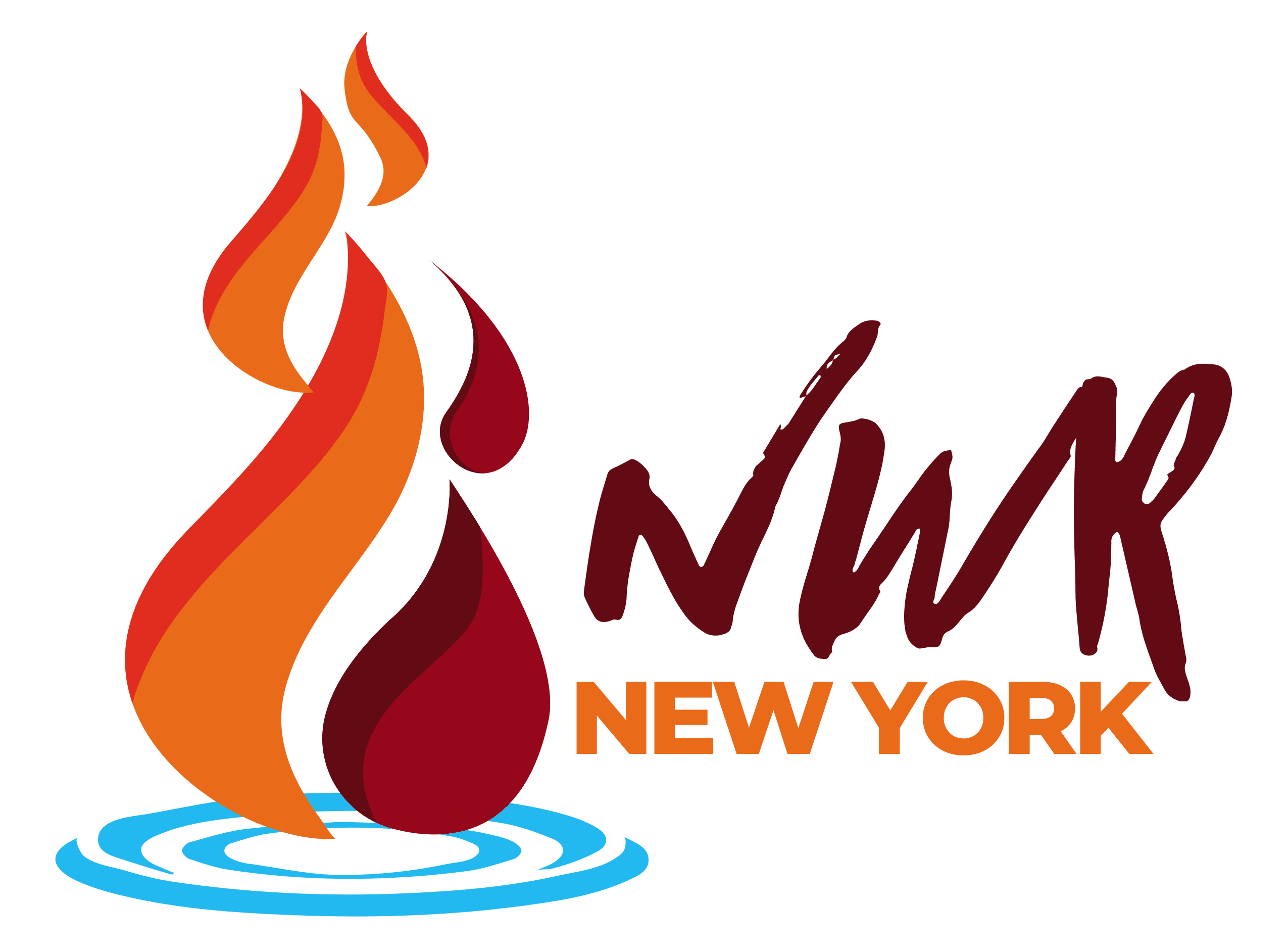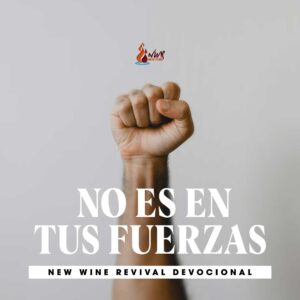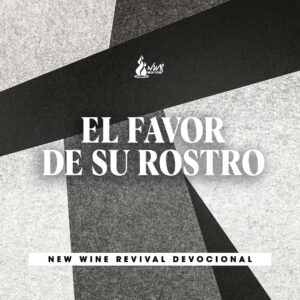
Del Señor es la tierra y todo cuanto hay en ella, el mundo y cuantos lo habitan.
1 CORINTIOS 10:13 (PAR)
La vida en la tierra es un fideicomiso. Esta es la segunda metáfora bíblica de la vida. Nuestro tiempo en la tierra, nuestro ímpetu, inteligencia, oportunidades, relaciones y recursos son todos dones que Dios nos ha confiado para cuidar y administrar. Somos mayordomos de todo lo que él nos da. Este concepto de mayordomía comienza cuando reconocemos que Dios es el dueño de todos y de todo en la tierra. La Biblia afirma: «Del Señor es la tierra y todo cuanto hay en ella, el mundo y cuantos lo habitan».
La verdad es que no poseemos nada en nuestra breve estadía en la tierra. Dios nos presta la tierra mientras estamos aquí. Era propiedad de Dios antes de que llegaras y se la prestará a otro cuando mueras. La llegas a disfrutar solo por un tiempo.
Cuando Dios creó a Adán y a Eva, les entregó el cuidado de su creación y los nombró administradores de su propiedad. La Escritura dice: «Y les dio su bendición: “Tengan muchos, muchos hijos; llenen el mundo y gobiérnenlo; dominen a los peces y a las aves, y a todos los animales que se arrastran”».
El primer trabajo que Dios les dio a los humanos fue administrar y cuidar las «cosas» de él en la tierra. Este papel nunca ha sido abolido. Es parte de nuestro propósito. Todo aquello que disfrutemos debemos tratarlo como un encargo que Dios ha puesto en nuestras manos. Su Palabra dice: «¿Qué tienes que no hayas recibido? Y si lo recibiste, ¿por qué presumes como si no te lo hubieran dado?».7
Unos años atrás, una pareja nos permitió, a mi esposa y a mí, quedarnos en su preciosa casa de playa en Hawai para unas vacaciones. Era una experiencia que nosotros mismos no habríamos podido costear, así que la disfrutamos muchísimo. Nos dijeron: «Úsenla como si fuera suya». ¡Y así lo hicimos! Nadamos en la piscina, comimos lo que había en el refrigerador, usamos las toallas y la vajilla, ¡y hasta saltamos sobre las camas! Pero supimos en todo momento que en realidad no era nuestra, así que tuvimos un cuidado especial de todo. Disfrutamos de los beneficios de usar la casa sin poseerla.
Nuestra cultura dice: «Si no es tuyo, no lo cuides». Pero los cristianos vivimos bajo otra norma: «Como Dios es el dueño, tengo que cuidarlo lo mejor que pueda». La Biblia afirma: «A los que reciben un encargo se les exige que demuestren ser dignos de confianza». Jesús, en muchas ocasiones, se refirió a la vida como un encargo que se nos ha entregado, y narró muchas historias para ilustrar esta responsabilidad hacia Dios. En el relato de los talentos, un hombre de negocios confía sus riquezas a sus siervos. Al regresar, evalúa la responsabilidad de cada siervo y los recompensa equitativamente. El dueño dice: «¡Hiciste bien, siervo bueno y fiel! En lo poco has sido fiel; te pondré a cargo de mucho más. ¡Ven a compartir la felicidad de tu señor!».
Reflexiona:
Cuanto más Dios te da, más responsible espera que seas.
Day 5/ part 3th – Seeing Life from God’s View
God keeps his promise, and he will not allow you to be tested beyond your power to remain firm; at the time you are put to the test, he will give you the strength to endure it, and so provide you with a way out.
1 CORINTHIANS 10:13 (TEV)
Every time you pass a test, God notices and makes plans to reward you in eternity. James says, “Blessed are those who endure when they are tested. When they pass the test, they will receive the crown of life that God has promised to those who love him.” Life on earth is a Trust. This is the second biblical metaphor of life. Our time on earth and our energy, intelligence, opportunities, relationships, and resources are all gifts from God that he has entrusted to our care and management. We are stewards of whatever God gives us. This concept of stewardship begins with the recognition that God is the owner of everything and everyone on earth. The Bible says, “The world and all that is in it belong to the LORD; the earth and all who live on it are his.”
We never really own anything during our brief stay on earth. God just loans the earth to us while we’re here. It was God’s property before you arrived, and God will loan it to someone else after you die. You just get to enjoy it for a while.
When God created Adam and Eve, he entrusted the care of his creation to them and appointed them trustees of his property. The Bible says, “[God] blessed them, and said, ‘Have many children, so that your descendants will live all over the earth and bring it under their control. I am putting you in charge.’ ”
The first job God gave humans was to manage and take care of God’s “stuff” on earth. This role has never been rescinded. It is a part of our purpose today. Everything we enjoy is to be treated as a trust that God has placed in our hands. The Bible says, “What do you have that God hasn’t given you? And if all you have is from God, why boast as though you have accomplished something on your own?”
Years ago, a couple let my wife and me use their beautiful beachfront home in Hawaii for a vacation. It was an experience we could never have afforded, and we enjoyed it immensely. We were told, “Use it just like it’s yours,” so we did! We swam in the pool, ate the food in the refrigerator, used the bath towels and dishes, and even jumped on the beds in fun! But we knew all along that it wasn’t really ours, so we took special care of everything. We enjoyed the benefits of using the home without owning it.
Our culture says, “If you don’t own it, you won’t take care of it.” But Christians live by a higher standard: “Because God owns it, I must take the best care of it that I can.” The Bible says, “Those who are trusted with something valuable must show they are worthy of that trust.” Jesus often referred to life as a trust and told many stories to illustrate this responsibility toward God. In the story of the talents, a businessman entrusts his wealth to the care of his servants while he’s away. When he returns, he evaluates each servant’s responsibility and rewards them accordingly. The owner says, “Well done, good and faithful servant! You have been faithful with a few things; I will put you in charge of many things. Come and share your master’s happiness.”
Reflection:
The more God gives you, the more responsible he expects you to be.



